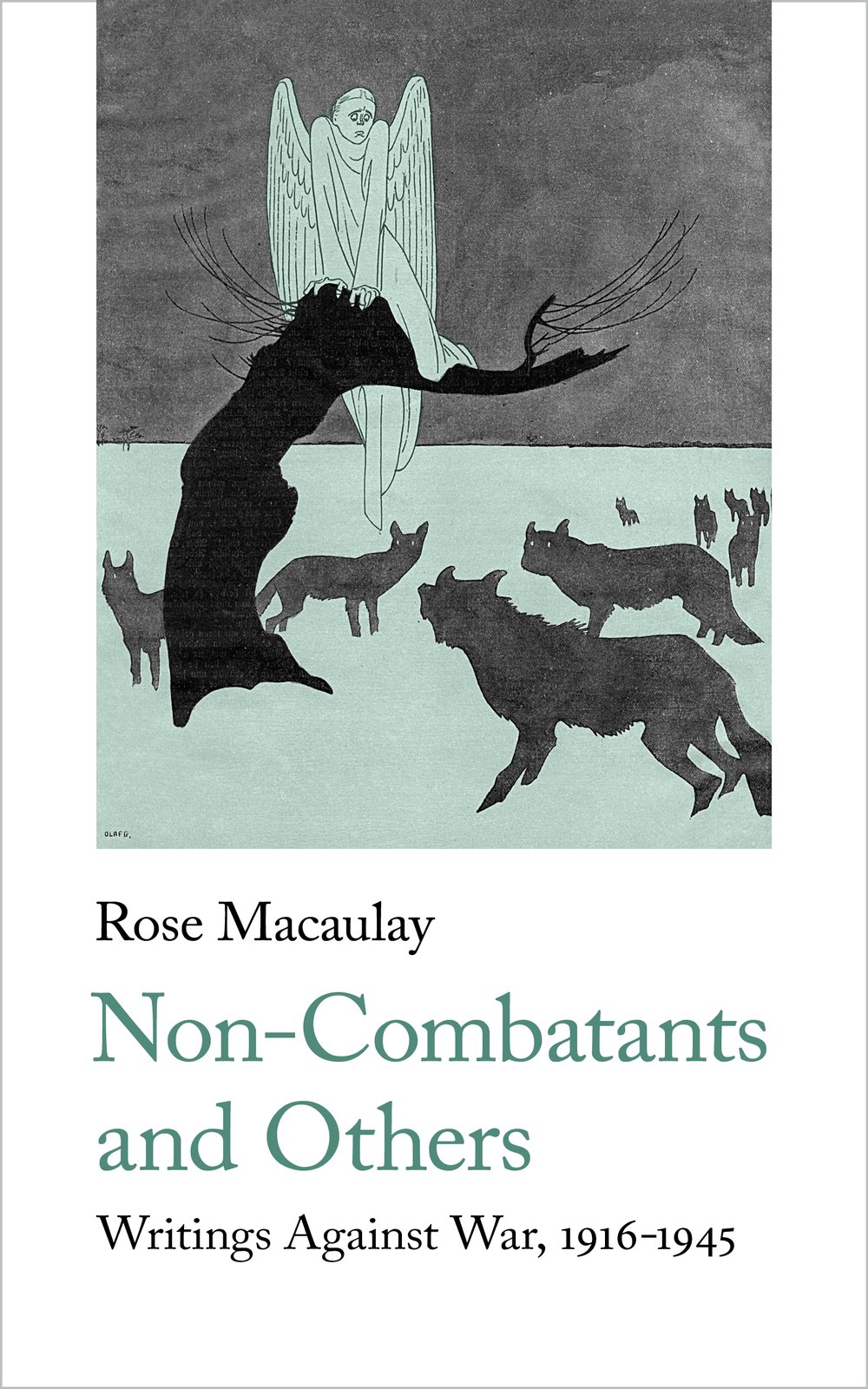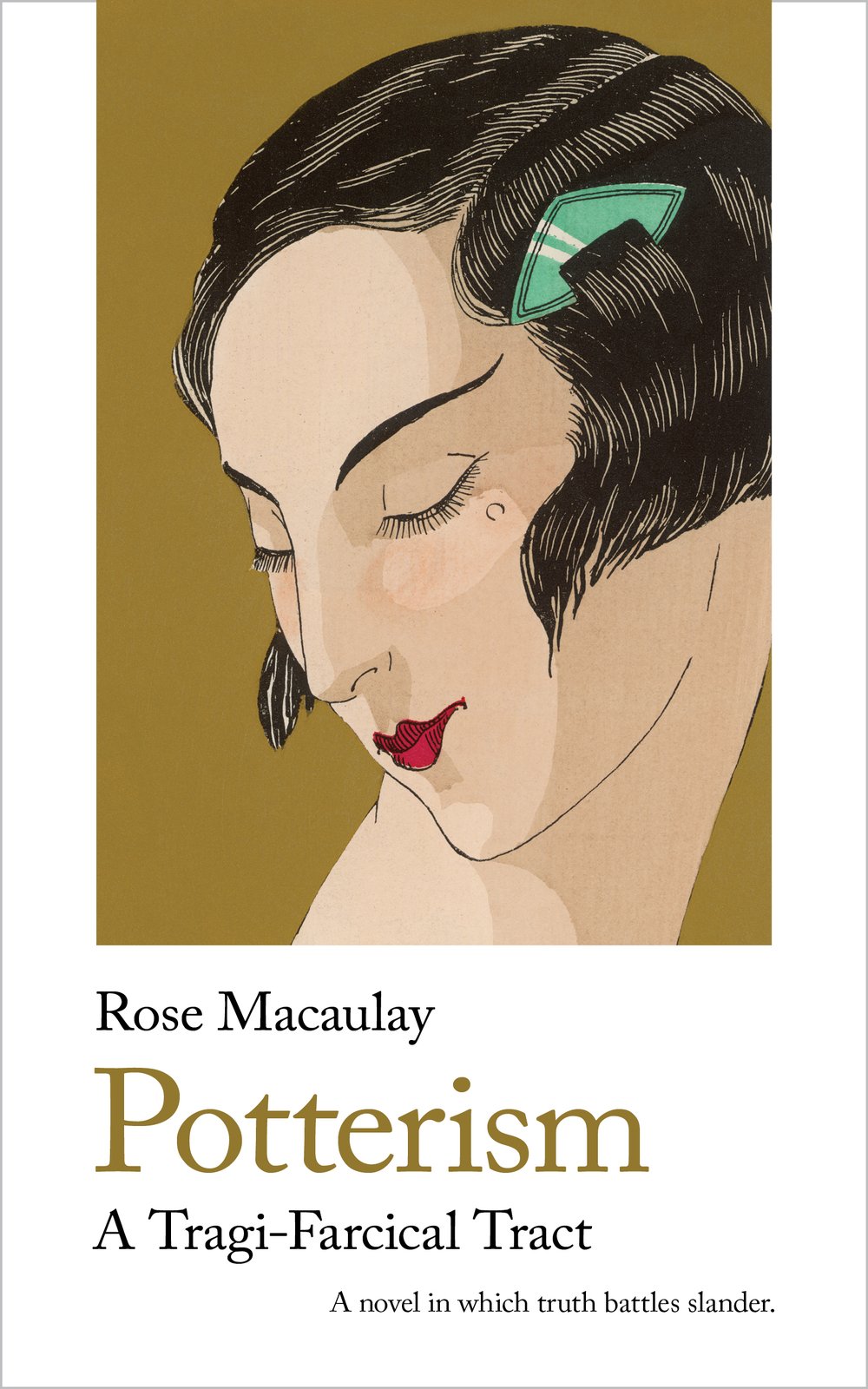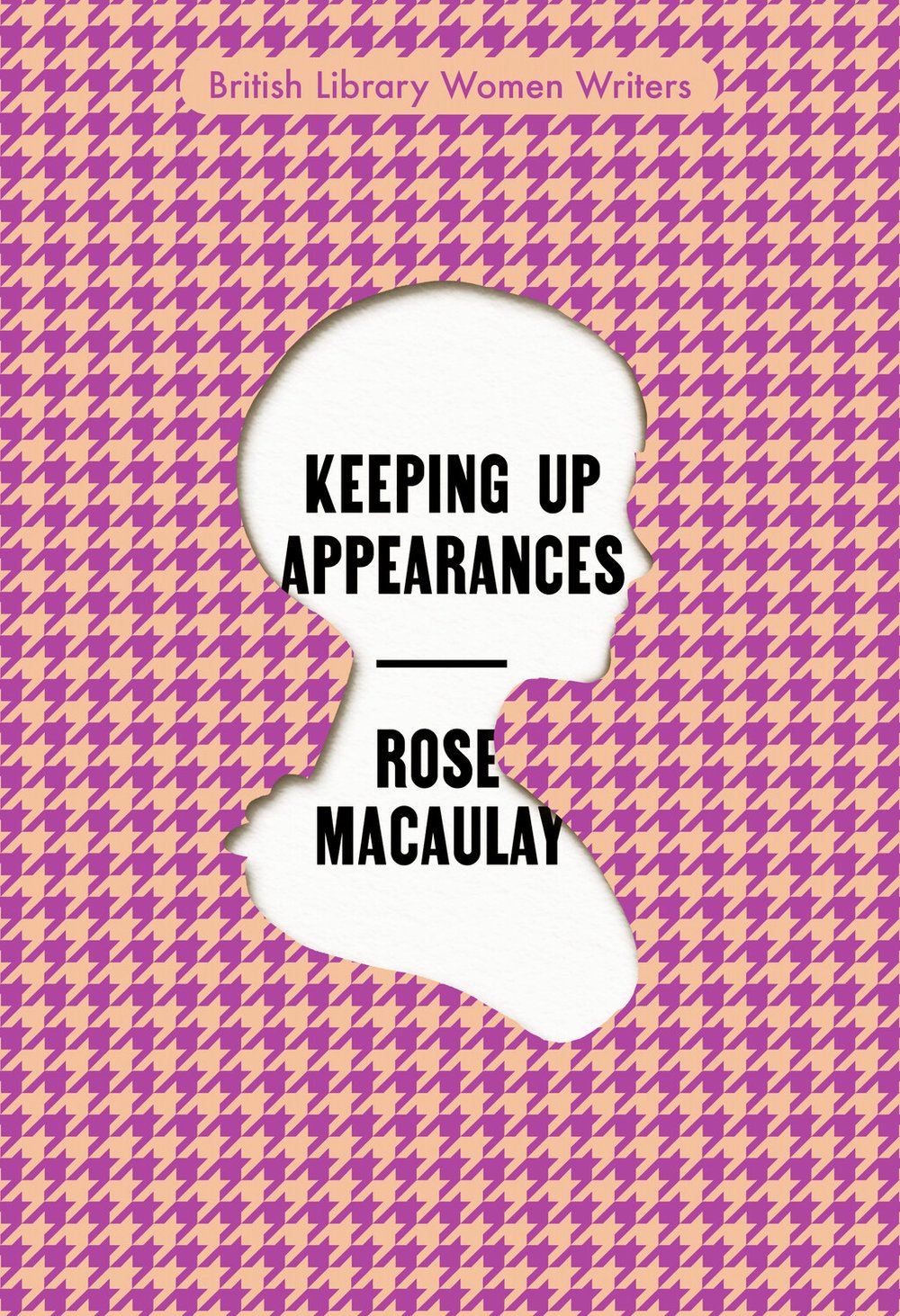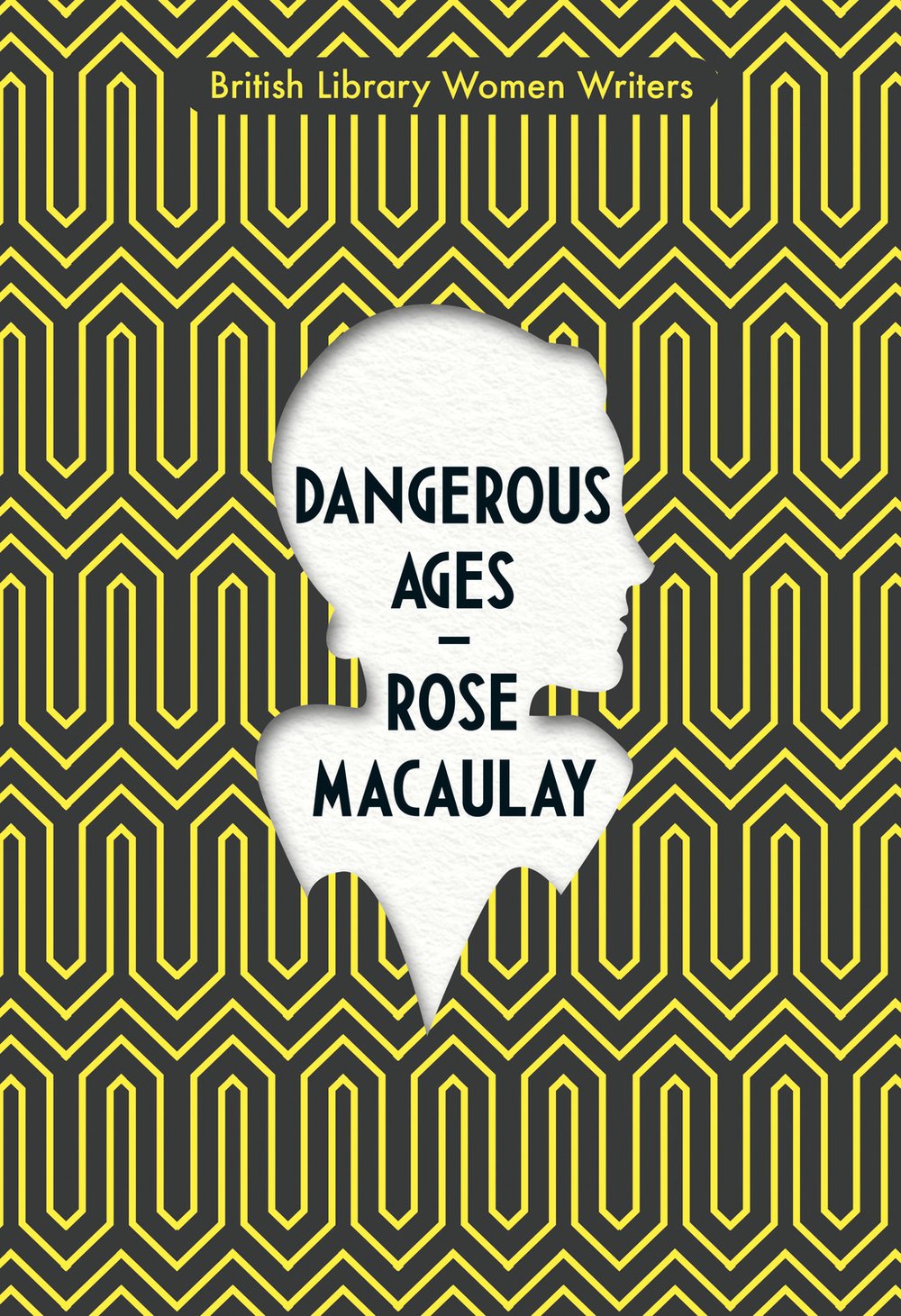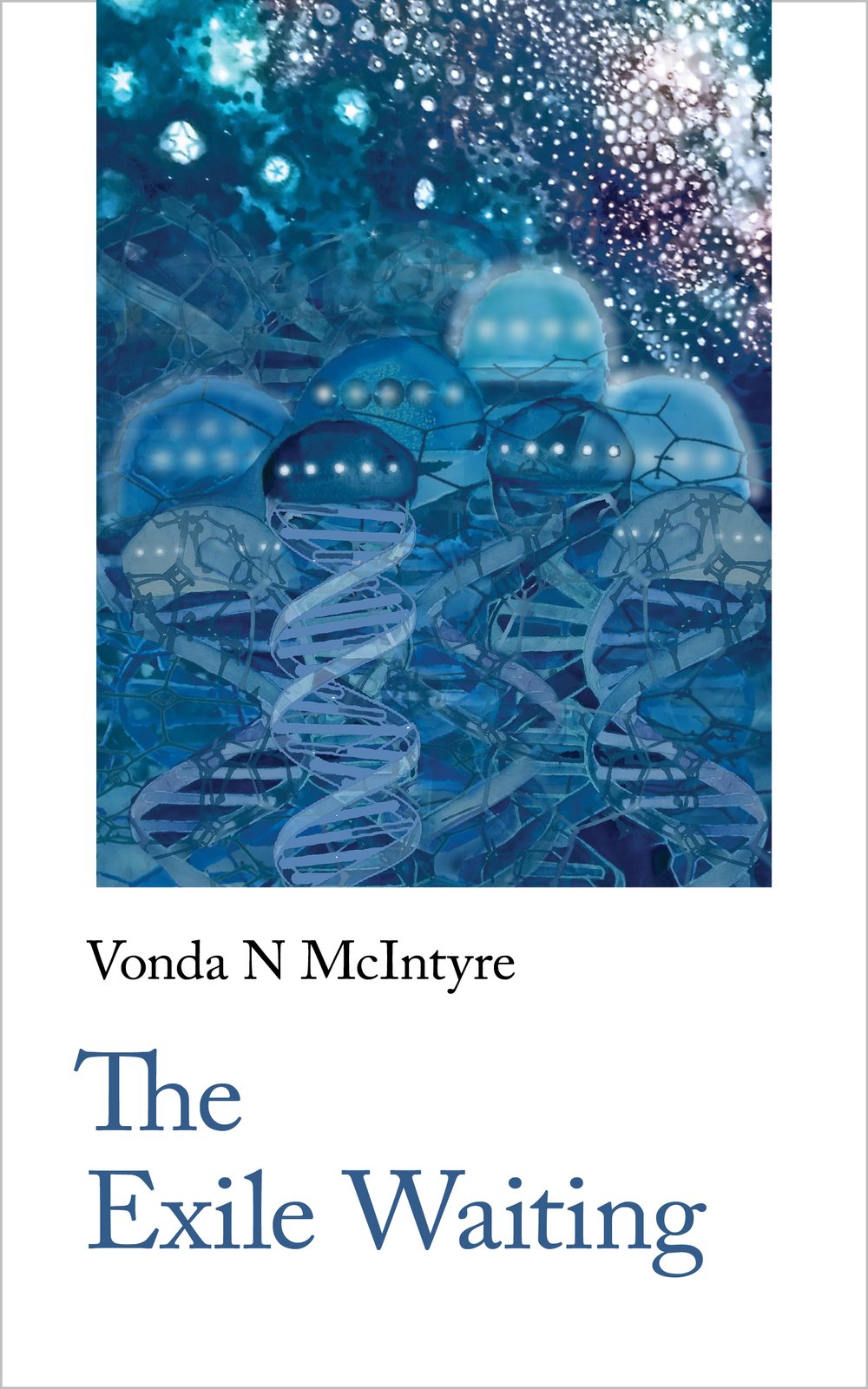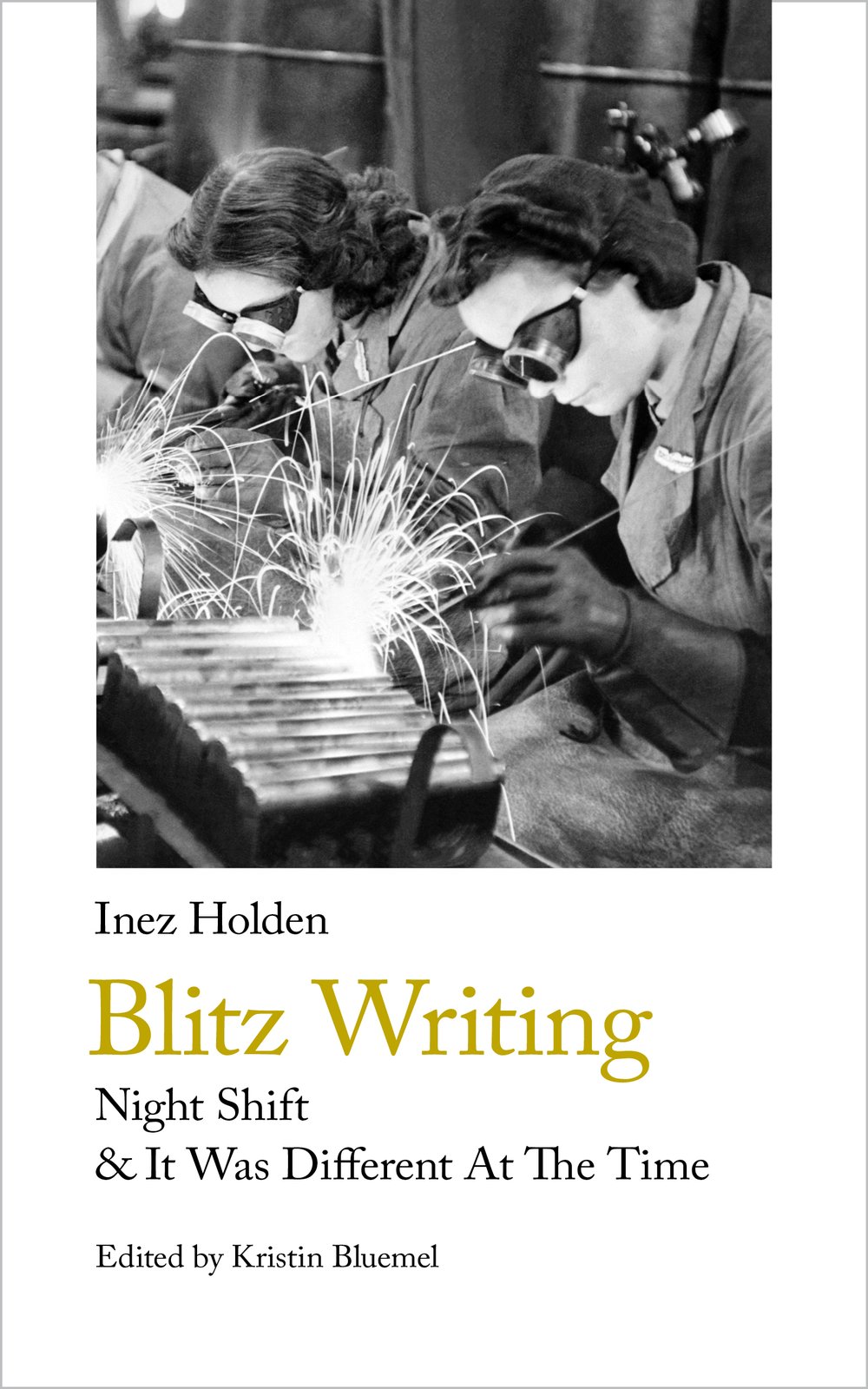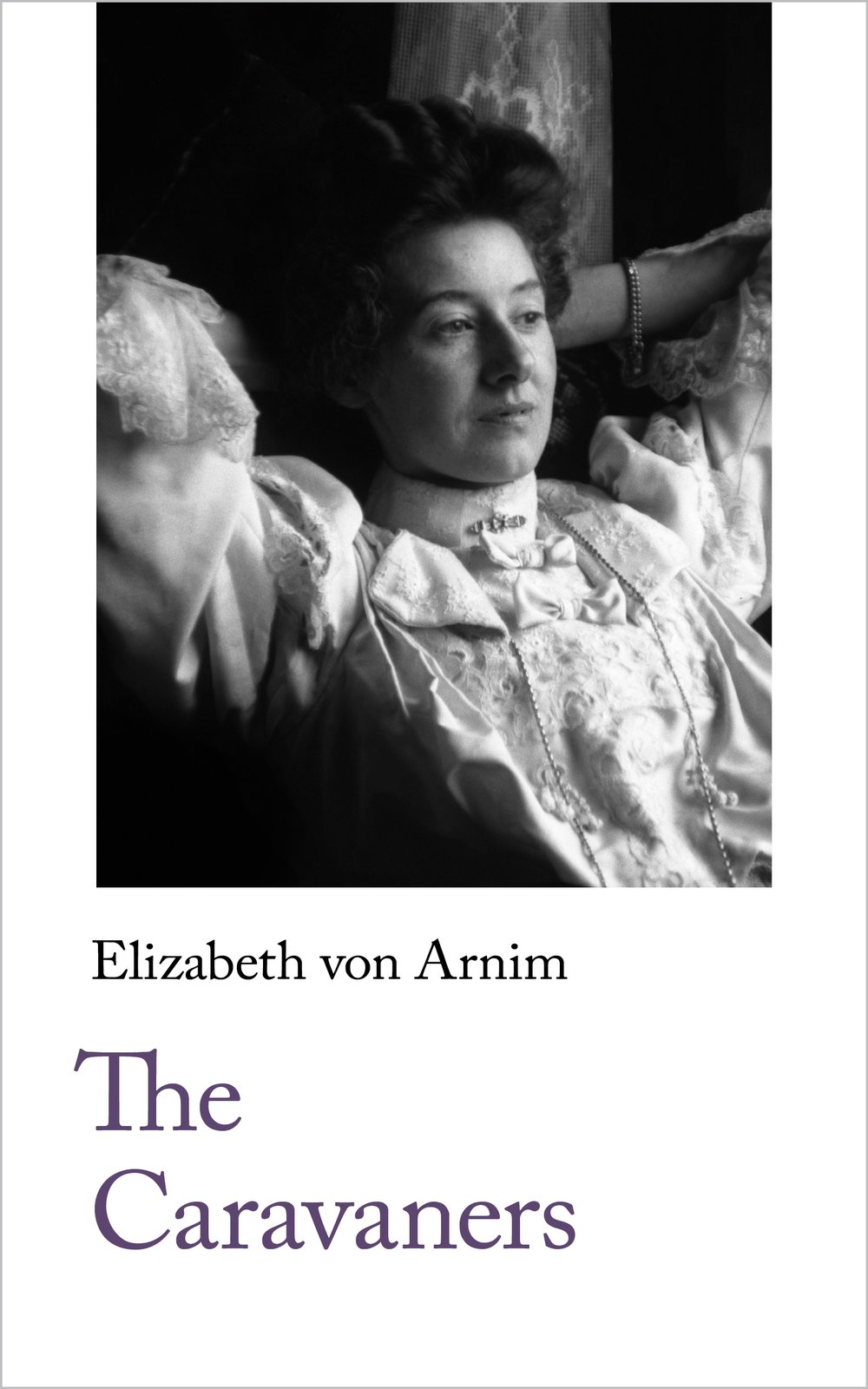What Not
A Prophetic Comedy
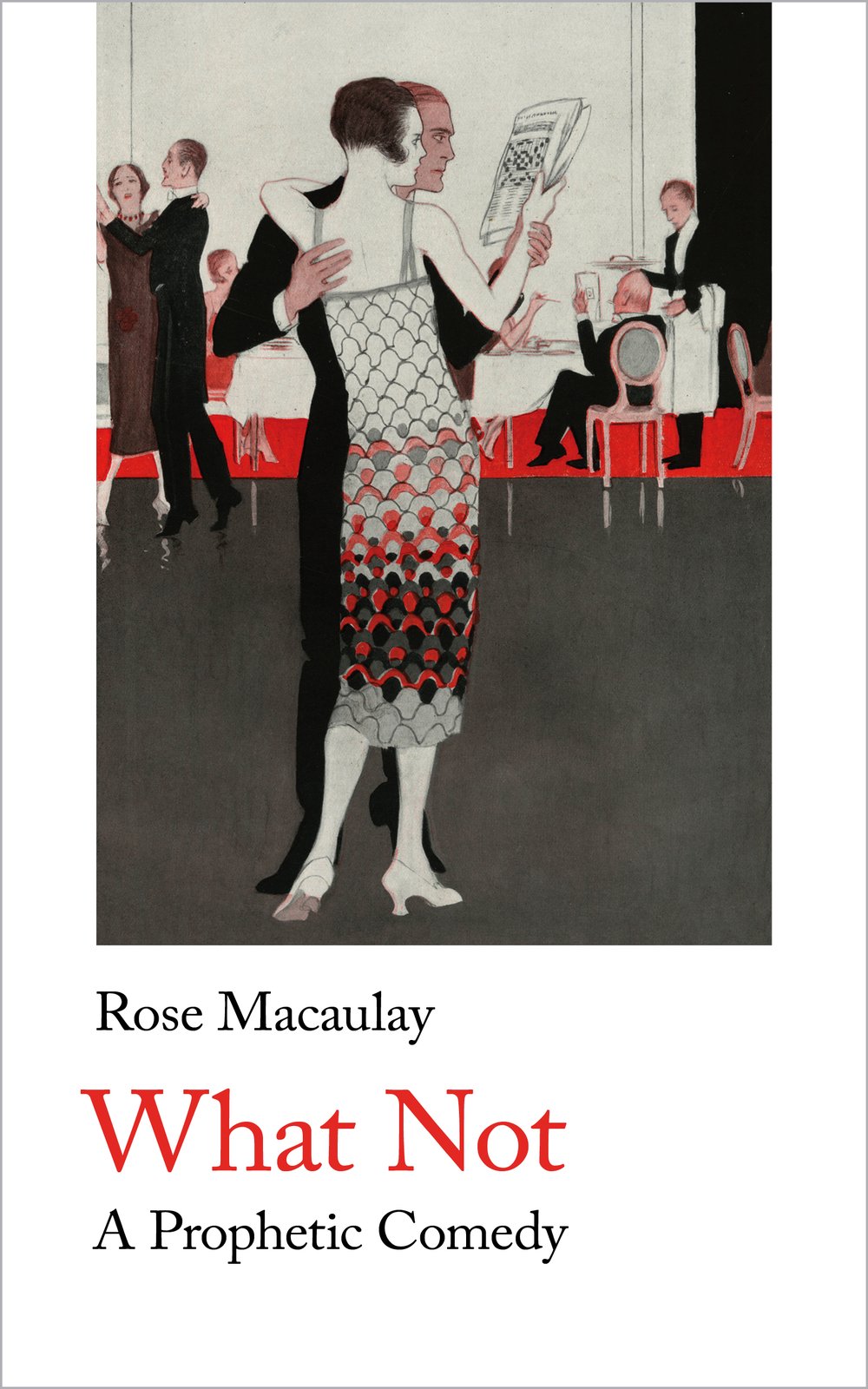
What Not is Rose Macaulay's speculative novel of post-First World War eugenics and newspaper manipulation that anticipated Aldous Huxley's Brave New World by 14 years. Published in 1918, it was hastily withdrawn due to a number of potentially libellous pages, and was reissued in 1919. But by then it was quickly overshadowed by Macaulay's next two novels, and never gained the attention it deserved. What Not is a lost classic of feminist wit and protest at social engineering, now republished with the suppressed pages reinstated. Kitty Grammont and Nicholas Chester are in love, but Kitty is certified as an A for breeding purposes, while politically ambitious Chester has been uncertificated, and may not marry. But why? There's nothing apparently wrong with him, he is admired in his field, and is charming and decisive. Although Kitty wields power as a senior civil servant in the Ministry of Brains, which makes these classifications, she does not have the freedom to marry who she wants. They ignore the restrictions, and carry on a discreet affair. But it isn't discreet enough for the media: the popular press, determined to smash the brutal regime of the Ministry of Brains, has found out about Kitty and Chester, and scents an opportunity for a scandalous exposure. The introduction is by Sarah Lonsdale, senior lecturer in journalism at City University London.

Rose Macaulay was a leading British literary figure of the 20th century, crossing genres and forms, and was made a Dame for services to literature in 1958, a few months before her death. She was born in Rugby in 1881, and was the second daughter of a family of seven children, with whom she lived in Italy for seven years during her childhood. On returning to Britain as an adolescent, she went to school and later university in Oxford, where she was awarded the equivalent of a degree in history in 1903. When Macaulay left Oxford to rejoin her family in rural Wales, she began to publish poetry, and then novels. In 1906, two months before her first novel was published, the family moved to Great Shelford, a village south of Cambridge, where her father taught English literature at Trinity College. In 1912 Macaulay’s sixth novel, The Lee Shore, won a Hodder & Stoughton literary prize of £600 (equivalent to over £50,000 or $70,000 in the present day), finally giving her financial independence. She moved to London in 1913. When the First World War broke out Macaulay volunteered as a VAD in a hospital for a few months but was much happier when she began working on the land. After nearly a year in the Women’s Land Army Macaulay succeeded in her application for an office job. She published the first pacifist novel in Britain in 1916, Non-Combatants and Others. From January 1917 she worked in the War Office on cases of exemption from military service and conscientious objectors. When the war ended Macaulay began to publish prolifically as a professional woman of letters. Her second volume of poetry came out in 1919. She published twenty-two books between 1919 and 1939: only half of these were novels, but at least one, Potterism (1920) was a best-seller. Her two most well-known novels would appear after the Second World War, during which, at the age of sixty, she was a volunteer ambulance driver. The World My Wilderness (1950) and The Towers of Trebizond (1956) would bring her widespread fame at a level that her earlier novels had not achieved.

